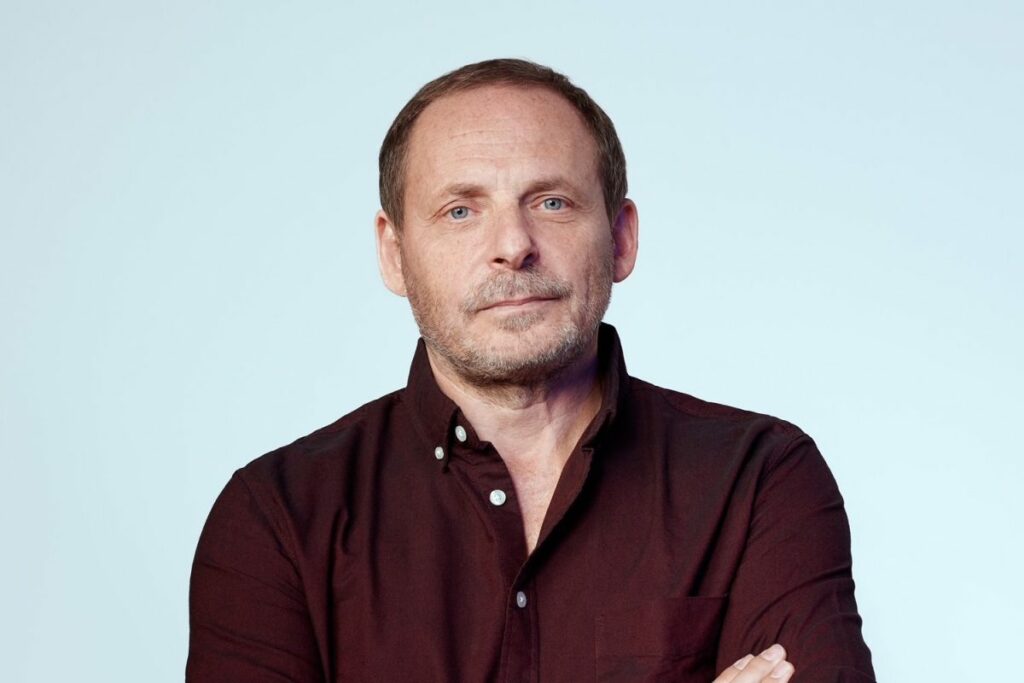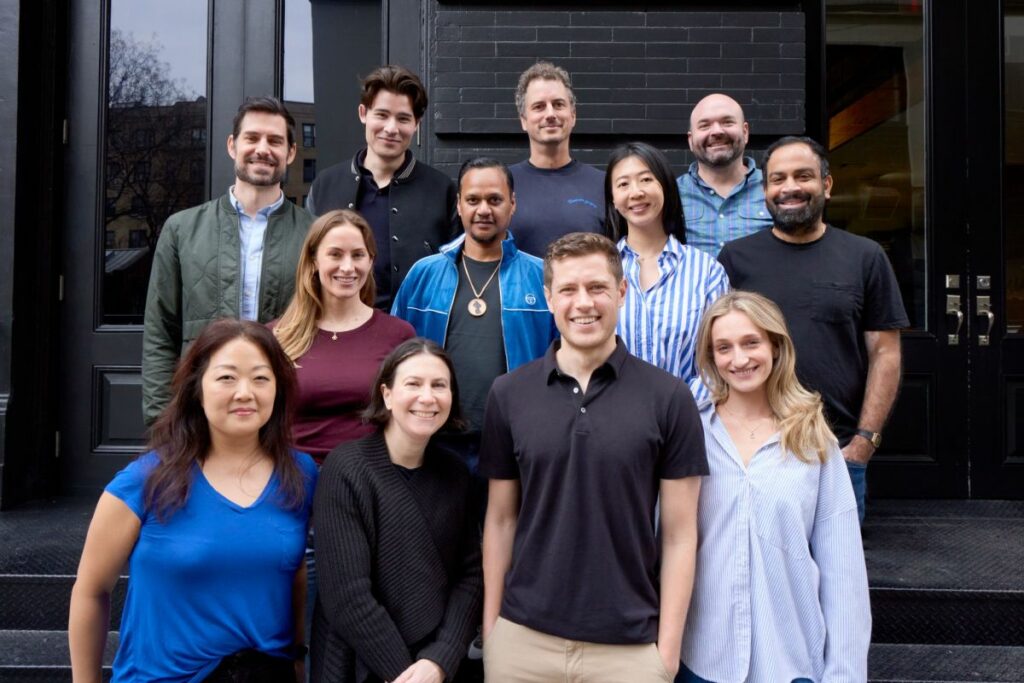Nebius, the publicly-traded European AI infrastructure company formerly known as Yandex N.V., has raised $700 million in financing to power its U.S. expansion.
The financing included “dozens of very well known investors,” Nebius CEO Arkady Volozh (pictured above) told TechCrunch in a press briefing today. While all the names will be revealed when the paperwork is filed with the Securities and Exchange Commission (SEC), the company is only disclosing three for now — these are GPU giant Nvidia, one of the world’s most valuable companies and existing partner for Nebius; Accel, a Silicon Valley VC firm better known for its earlier-stage investments in private startups; and investment management firm Orbis.
The private placement will see Nebius issue 33,333,334 Class A shares at $21, which is roughly a 3% premium on the average price since trading resumed in October.
The announcement comes some six weeks after Nebius resumed trading on the Nasdaq following a near three-year hiatus imposed due to sanctions against Russian-affiliated companies. The Netherlands-based business had been the holding company of Yandex, “the Google of Russia,” and after an extensive divestment process the company emerged as Nebius in July with plans to offer a “full stack” infrastructure for AI companies spanning data centers, GPUs, and related services.
In addition to its core cloud infrastructure business, Nebius also runs a handful of additional businesses, including autonomous vehicle company Avride, based in Texas; a Netherlands-based generative AI and LLM company called Toloka; and edtech platform TripleTen, based in Wyoming.
Capital intensive
Nebius is adopting a hybrid approach to growing its footprint, involving a mix of co-location facilities (shared data centers) which are quicker to set up, and its own “greenfield” sites built from scratch. But this is a heavily capital intensive effort, which is why it’s now raising additional funding via a private placement.
While Nebius competes with the usual cloud hyperscalers, it’s also up against well-financed private players such as CoreWeave which also counts Nvidia as an investor. Notably, CoreWeave is in the midst of expanding from the U.S. to Europe, while Nebius is moving in the opposite direction, recently announcing plans for a new GPU cluster at a co-location in Kansas City. Nebius also added a co-location site in Paris to its roster, while it’s planning to triple the capacity of its own flagship data center in Finland.
After the fire sale of its Russian assets earlier this year, Nebius had around $2.2 billion in the bank already — however, it had ring-fenced a portion of that for a buy-back program in case any existing investors wanted to exit. After all, Nebius of 2024 is a totally different business to the Yandex N.V. entity that they had previously invested in. The offer amounted to a repurchase of up to 81 million Class A shares at a maximum of $10.5 per-share.
In the six weeks that followed its reentry to the public markets, however, Nebius’s shares have hovered around the $21 mark (give or take), meaning that existing shareholders have had ample opportunity to sell at well over the buy-back agreement price. Thus, this offer is “no longer warranted,” according to Nebius, freeing up even more capital for the company as its expands its data center footprint.
So the long and short of all this is that Nebius has in the region of $3 billion to build with, a figure that is still relatively low in terms of the capital required to build infrastructure at scale. Which is why Volozh says they are already looking ahead to raising more capital — be that equity, or debt.
“Of course, we will have some revenues that will help, but we will need more capital to build quicker,” Volozh told TechCrunch. “It’s very capital intensive. Technology and capital are two components of this business — I don’t worry about the technology (side), and the capital, I think, we will be able to raise.”
It’s also worth noting that this renewed financial position means that Nebius has now upped its guidance, stating that it expects to reach an annualized run rate (ARR) of $750 million to $1 billion by the end of 2025. The company had recently pegged that guidance at $500 million to $1 billion, meaning that it’s now more confident of hitting the upper region of the original target.
As part of its investment, Accel partner Matt Weigand will also be joining Nebius’s board of directors, though initially he will only have observer status until he’s formally elected at the company’s AGM in 2025.


